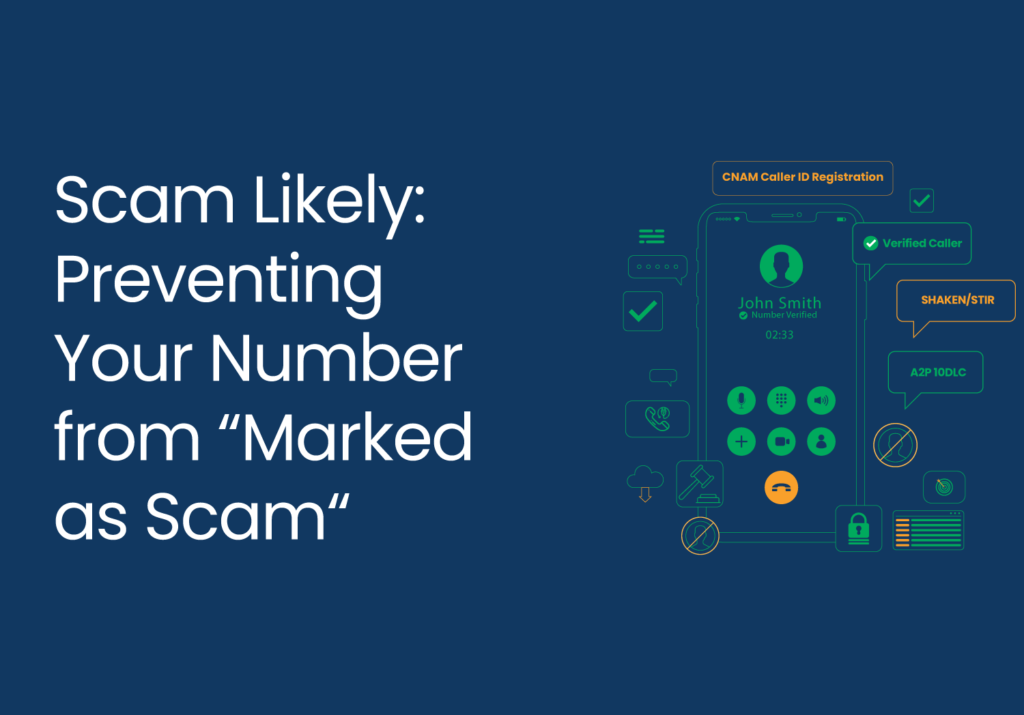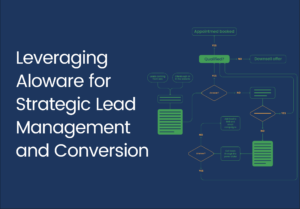How often do your call center phone number(s) get flagged as “Scam likely” or added to the blocked call list?
What heavy blows have your outbound sales efforts taken due to not being able to bypass the no-spam calling or text filter?
Your business’s contact center isn’t the only one facing this challenge.
However, it’s frustrating knowing that despite the efforts put into choosing a supposedly befitting contact center software, there are still shortcomings in reaching potential customers.
In this article, we’ll outline how Aloware can help you bid farewell to the blocklist of carriers and customers.
We’ll discuss the following:
- What are Scam likely calls?
- What is STIR/SHAKEN?
- How does STIR SHAKEN work?
- How to prevent your number from being marked as spam
First,
Let’s get into knowing a few terms that will provide a contextual understanding of the subject matter.
Table of Contents
What is Scam likely?
“Scam likely” may share some similarities with “Scam Call”; however, they are practically different.
A scam call is when a caller poses to be an individual they are not – a representative of a financial institution or a well-known company – to trick the call receiver into giving out sensitive information or money.
The goal of the scam artist is usually to obtain personal information or steal money from the person receiving the call.
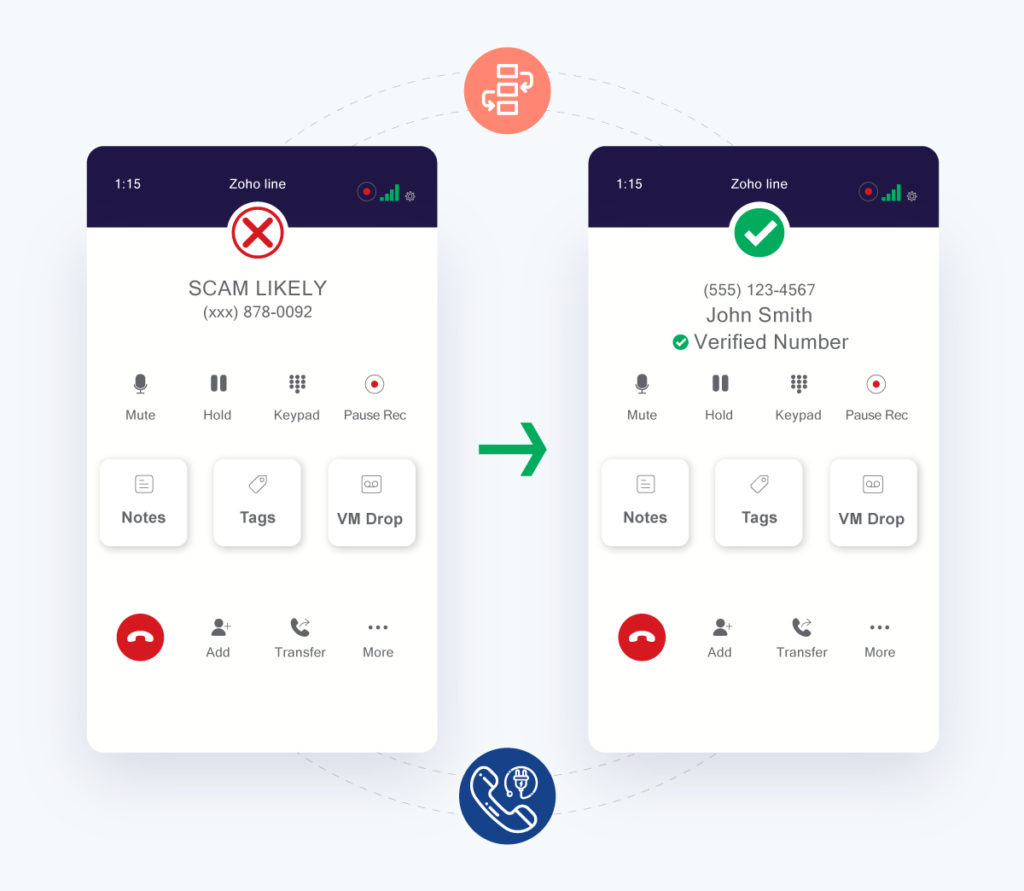
Scam likely is when service providers (AT&T, Verizon, Vodafone) or robocall apps (Trapcall, Robokiller, or Truecaller) flag a phone number as fraudulent due to specific parameters that the caller doesn’t meet.
The aforementioned is common among many telemarketing companies who try to falsify their caller IDs to seem like a live human call but only play pre-recorded messages.
Scam-likely calls are classified as telemarketing fraud that targets individuals through unsolicited phone calls.
To put an end to “scam likely” or spam calls, the Federal Communications Commission (FCC) mandated a protocol that carriers must be able to identify the original caller ID of any call delivered to a consumer.
The FCC turned on the heat on robocalls/texts by implementing new protocols called “SHAKEN/STIR” on June 30, 2021.
So,
What is STIR/SHAKEN?
STIR (Secure Telephony Identity Revisited) and SHAKEN (Signature-based Handling of Asserted information using toKENs) are technologies for combating robocalls and caller ID spoofing.
They are a set of technical standards for verifying caller ID information’s authenticity in real-time and providing spam call protection.
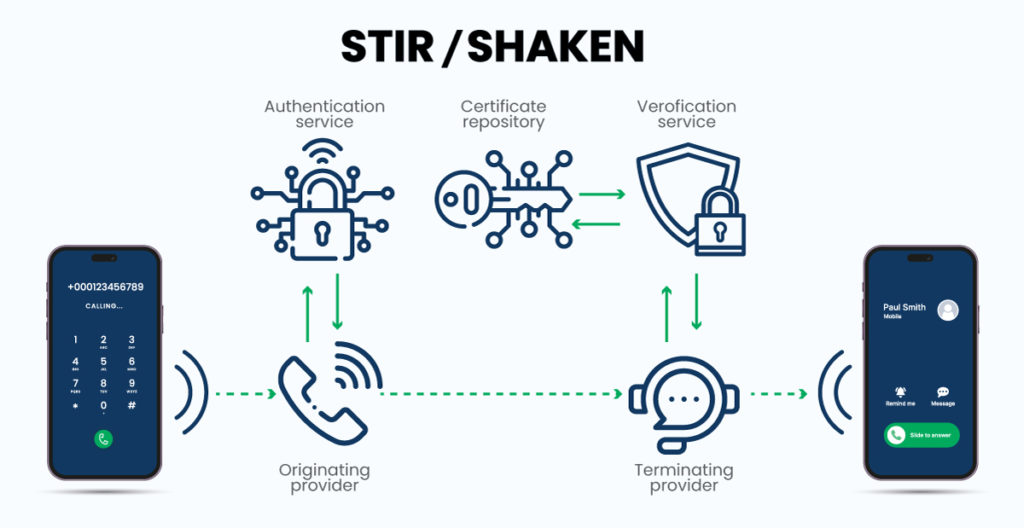
What is A2P 10DLC?
Application-to-Person 10-digit Long Code (A2P 10DLC) is a system that allows businesses to send text messages via standard 10-digit long code phone numbers to consumers more reliably and securely. With Aloware, you don’t worry about the deliverability of your messages. Your numbers are registered to the Spam Prevention measures set up by the FCC and carriers.
How does STIR SHAKEN work?
SHAKEN/STIR work by having phone service providers digitally sign the caller ID information of a call, allowing the recipient’s phone to verify the information and confirm that it is coming from a legitimate source.
If the caller ID information is not verified, the recipient’s phone can indicate that the call may be from a spam or scam source.
This helps reduce the number of fraudulent and unwanted calls, improving the call experience for consumers.
“What is Spam Call Protection:
These are technological measures that protect individuals or businesses from unwanted and potentially fraudulent calls. This protection typically involves call blocking, filtering tools, and verification technologies like SHAKEN/STIR.”
The FCC took spam calling seriously and had, in March 2021, fined a Texas-based Telemarketer $225 Million for spoofed robocalls.
Running a contact center with trusted call solutions gets you to your customer with the verified caller ID and saves you from getting into the blocklist of customers and the FCC.
Check out the benefits of STIR/SHAKEN.
So…
How do I prevent my number from being marked as spam?
If several recipients have marked your business number as a scam, all other related numbers will automatically be added to the blocked call list.
This will result in the crippling of outbound sales and, ultimately, a decrease in revenue and customers’ trust.
To prevent this, below is a list of measures to follow:
Register phone numbers
Registering phone numbers for your business is a sure way to mitigate the risks of phone numbers being marked as spam or falling victim to carrier call blocking.
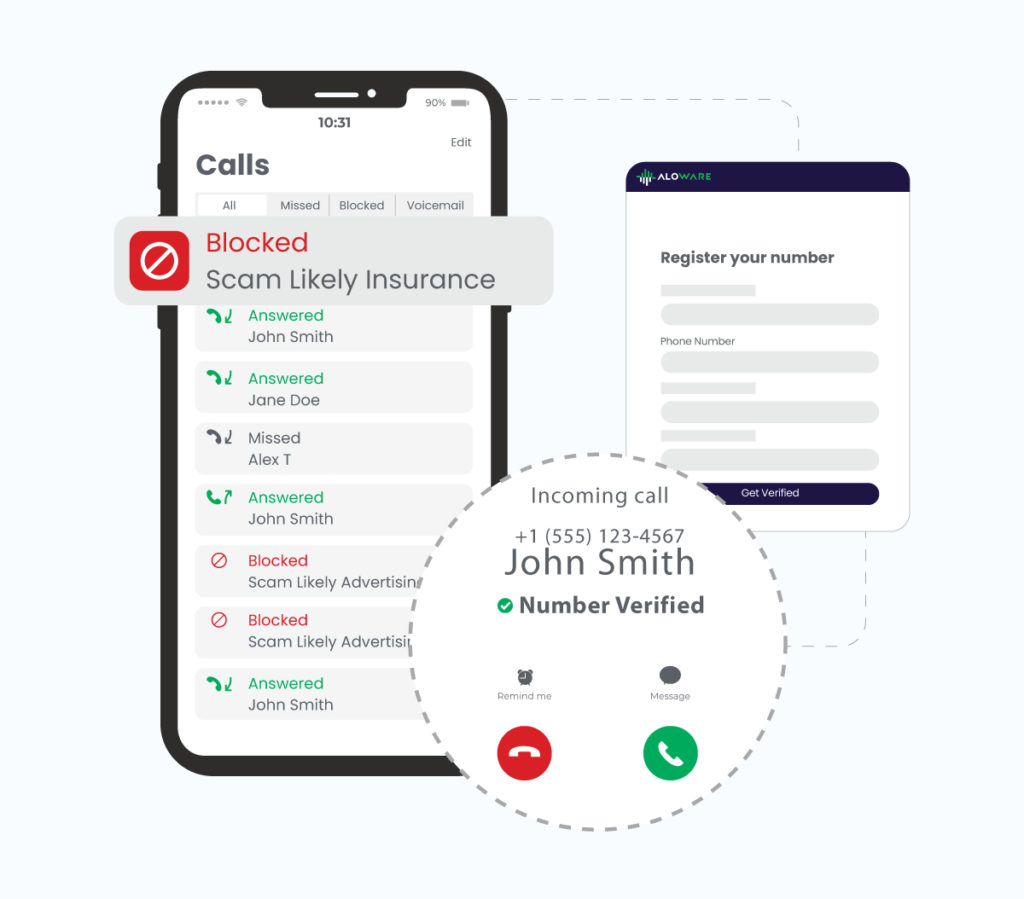
Aloware has implemented the SHAKEN/STIR protocol since June 2021, and it’s as easy as filling out a form inside your Aloware account.
If you have multiple numbers and a high calling volume, you can register all numbers using the Local Presence feature and dismiss the worries of being blocklisted by carriers.
Agencies like First Orion and Hiya can also be of help.
You should note that just like calling, business texting is seeing filtration. Registering your campaigns with the TCR will ensure high deliverability. See more details here.
Local Presence
When running an outbound calling campaign, it is always best to have your number share the same area code as the recipient.
Most carriers interpret this as a positive attribute when calculating spam scores.
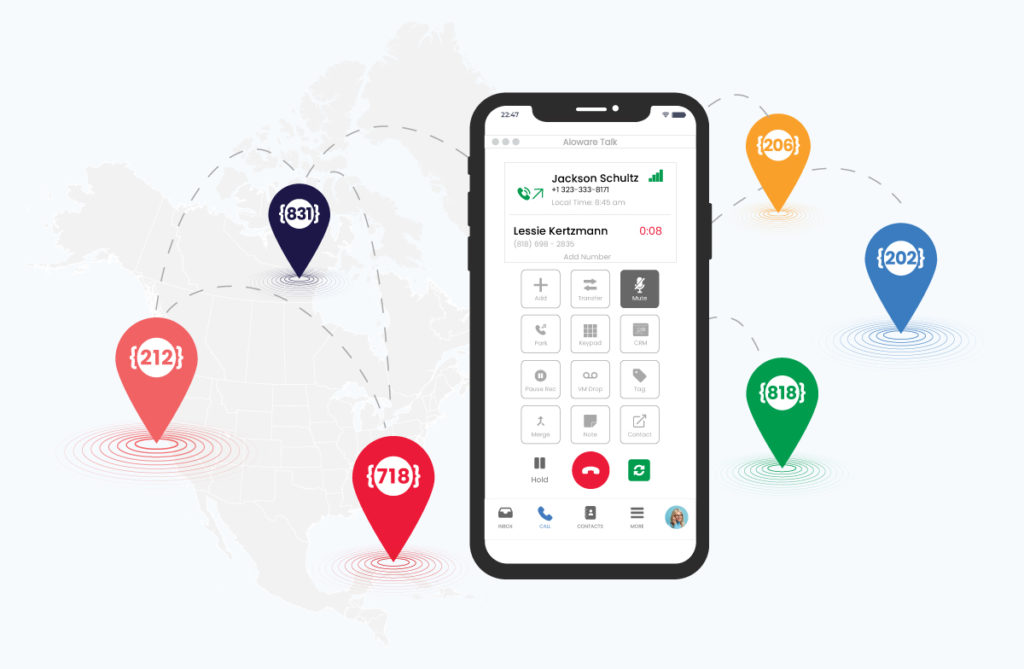
Optimize Your Sales Dialers
When running outbound sales campaigns, one thing to avoid is calling a recipient multiple times.
A frustrated customer can report your number to the FCC, putting your number(s) at risk of being flagged as spam.
It is always best to track customer behavior patterns so that you call them at points in the day when they are most available and likely to pick up.
Using powerful dialers, you can customize your dialing processes and auto-dial calls in rapid succession without repeating the same number.
More so, higher pickup rates lead to decreased spam risk. You would do yourself an excellent service by avoiding predictive dialers that have 5:1 or greater agent-to-person dialing rates.
Achieving those would help your sales team work faster and smarter. Pay close attention to maintaining a < 3% drop rate (U.S. regulation).
Dynamically Rotate numbers
If you have a high calling volume (more than 500 calls a day), your phone number may be shown as spam to call recipients.
With contact center technology, you can dynamically rotate numbers, taking advantage of automated functionality to monitor the health of your numbers.
Avoid calling DNC numbers.
Individuals add their number(s) to the Do Not Call list to avoid scam calls.
If your agents call a phone number listed on the National DNC Registry, the consumer can file a complaint with the FTC.
This may open your business to monetary fines for each proven violation.
To prevent your agents from calling DNC numbers, Aloware partnered with dnc.com to provide scrubbing services against national and state-wide DNC registries.
Scrubbing your lists ensures that your phone numbers do not receive complaints and won’t be blocklisted.
Use Caller ID Name (CNAM)
This displays your business’s name and the number on the recipient’s phone, making it easier for the recipient to recognize who is calling and potentially increasing the likelihood of the call being answered.
CNAM reduces the chances of users flagging you as spam.
Final thoughts
Aloware simplifies the set-up of a trusted contact center solution with verified phone numbers that better your call quality and business reputation–call recipients are more willing to answer calls and engage with your business.
It is vital always to Check the health of your numbers. Like dnc.com, we have partnered with Nomorobo to look up your numbers. This lets you know numbers prone to the recipient’s spam list.
FAQs on scam likely calls.
Why my business phone number is showing as spam?
Your business phone number may be showing up as spam for several reasons, such as sending unsolicited messages to a large number of people, failing to provide an option for recipients to opt-out of future messages, sending messages too frequently or in large volumes can lead to high numbers of opt-outs and complaints, and violating laws such as the Telephone Consumer Protection Act (TCPA).
Why do carriers verify calls?
Carriers verify calls to protect customers from unwanted and potentially harmful calls, such as spam, fraud, and telemarketing. Call verification helps ensure that the caller’s identity is legitimate and that the call is not from a spoofed or fake number.
